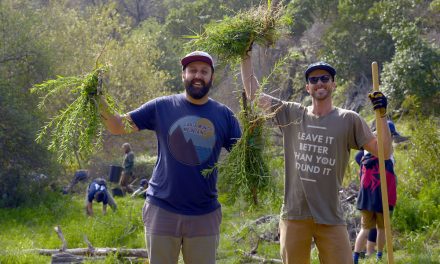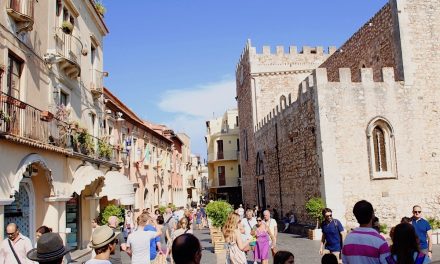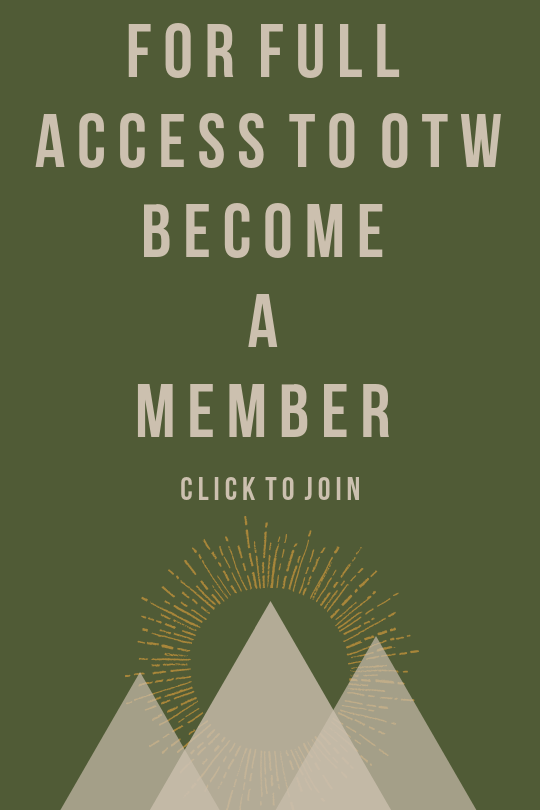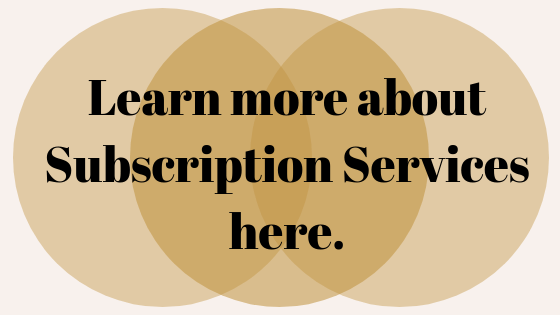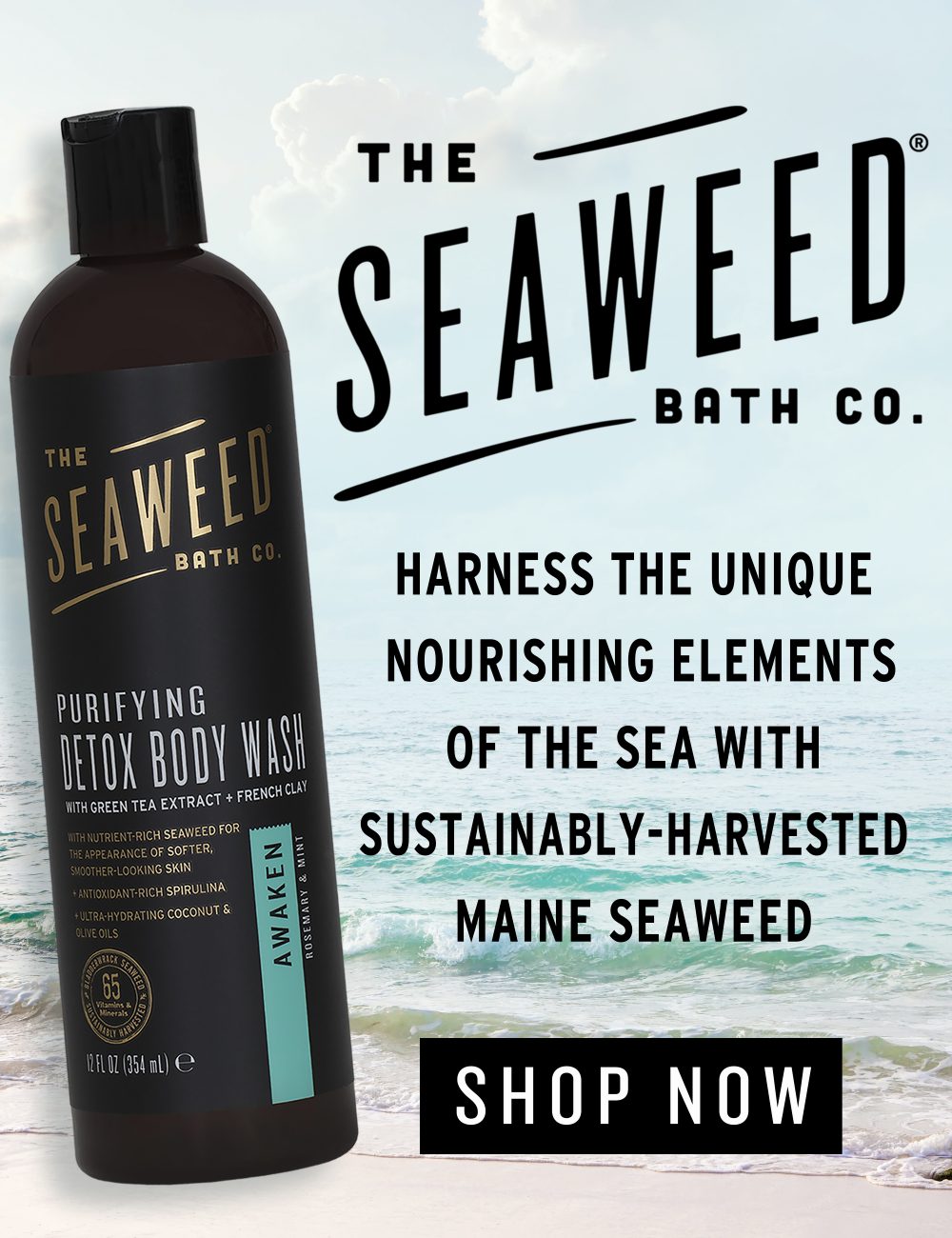Burnout + Breakdowns | The Occasional Paths to Being Reborn
“In my early 20s, the work saved me from the alcoholic. It got me out of bed during the deep depression that followed. It drove me through three cold, poverty stricken winters in New York living on $1600 a month and barely making rent. It saved my life, at 26, when my father and Joanna both died in the same year.”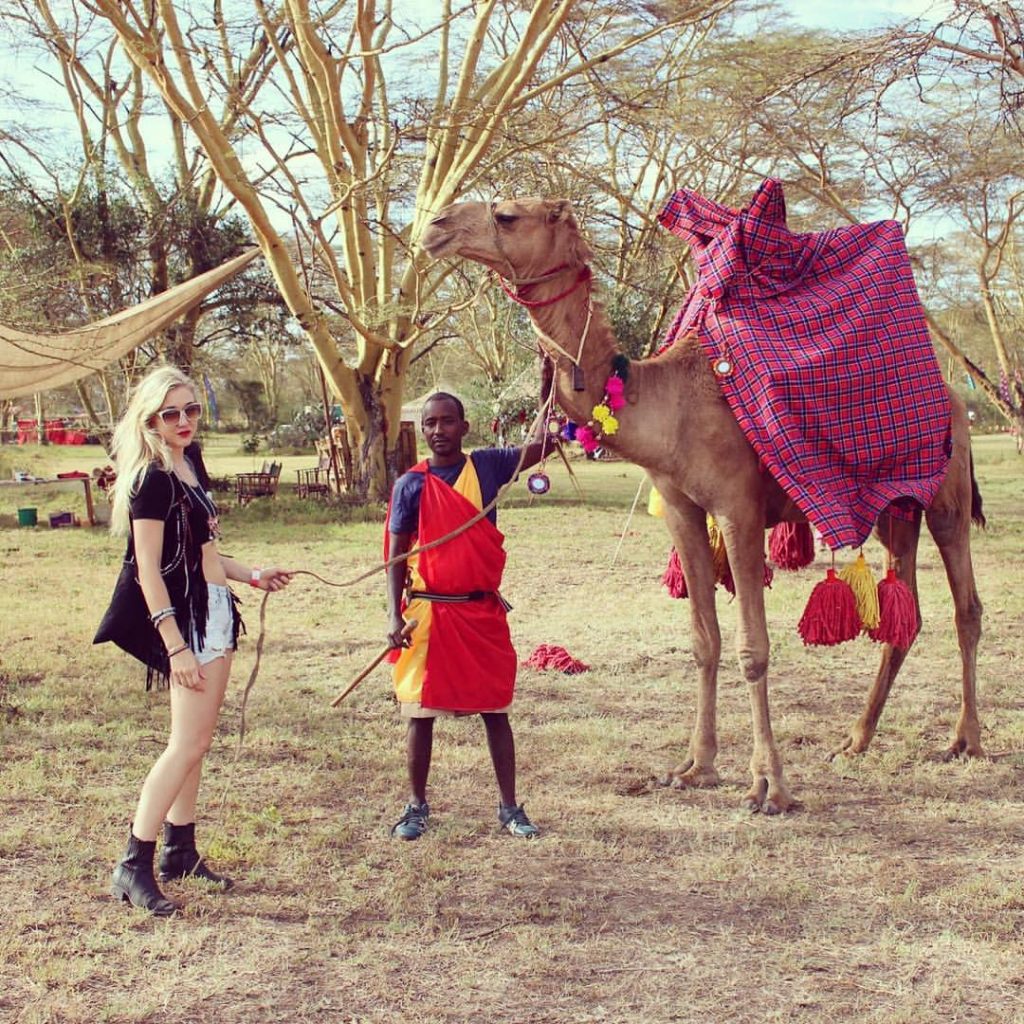
When I was 21, and head over heels for an alcoholic with a penchant for disappearing while remaining in plain sight, my mentor, Joanna, told me to lose myself in my work. This is a strong diversion from the kind of advice a woman in her early 20s usually receives in the modern age. What seems normal is “don’t stay with that one,” or “that person is a waste of your time.” Normal seems, to me, being given rules about how not to ruin yourself or squander your life. Joanna, in contrast, stayed silent about my negative choices, though I know she saw them clearly. She must have known that as my work became more interesting, the alcoholic who wasn’t good to me would become increasingly less so. That eventually, I would find they couldn’t comfortably coincide together in my life, and I’d leave him.
I realized her quiet brilliance years later when I read a piece by a heroin addict who, after years of unsuccessful rehab, had found that engaging in the work of writing was the only thing powerful enough to keep him from getting high.
My father joined Joanna in insisting my work become weighty enough to envelop and swallow anything too small for me. It needed to have the power to become an entity itself – a relationship as dynamic as any friendship, as intimate as a lover. Their insistence took me to Haiti, to Uganda, to Ethiopia and Kenya, where they encouraged me to let the cultural and social issues I discovered drive me mad. They applauded my successes as I tried to build a business overseas. They pulled insights out of my failures.
In my early 20s, the work saved me from the alcoholic. It got me out of bed during the deep depression that followed. It drove me through three cold, poverty stricken winters in New York living on $1600 a month and barely making rent. It saved my life, at 26, when my father and Joanna both died in the same year, and I wished I could lay down and die with them.
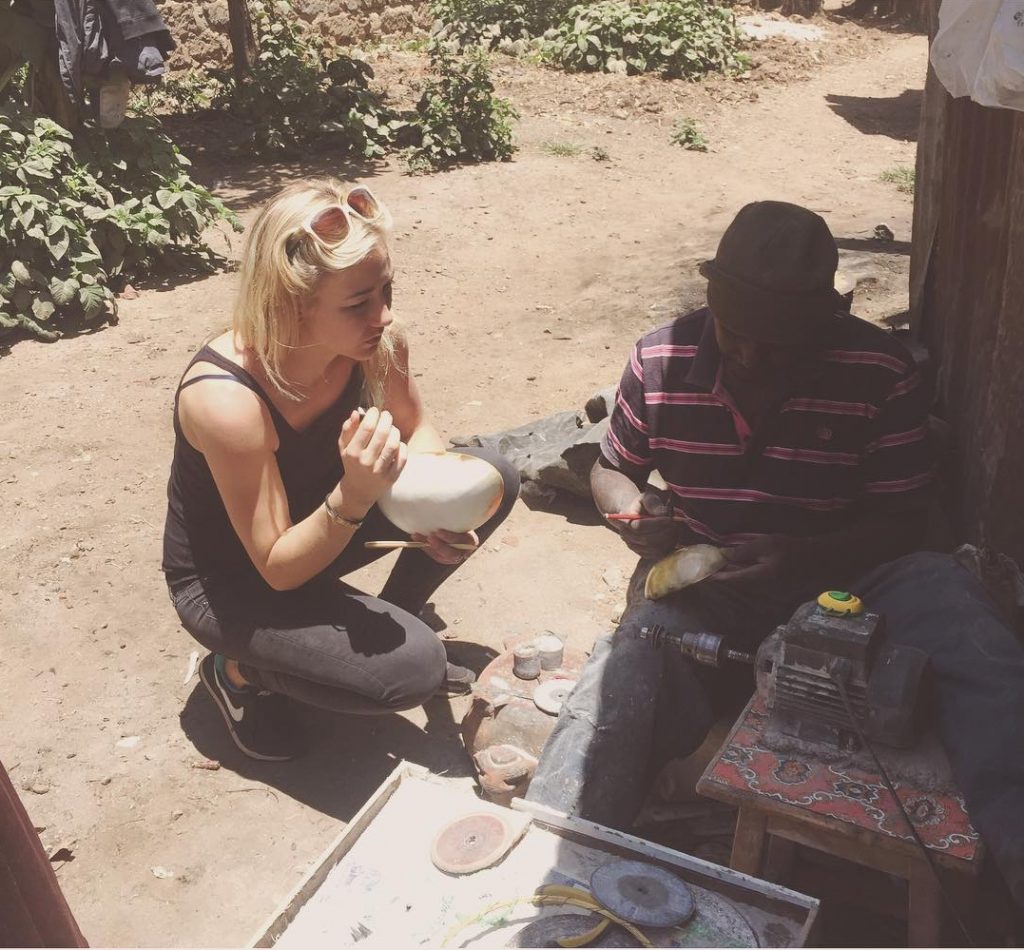
This year, perhaps for the first time, the structures I began building in those early years overseas are yielding real fruit. I have succeeded in building my own materials manufacturing company, nestled in the belly of East Africa. My business partner and I have developed, and are gaining real traction around, a model based on our perspective on international development. My work has created jobs – not to mention a fulfilling career for myself. It’s landed me unforgettable meetings and opportunities to create segues for companies like Google to source in Africa.
The feeling you’ve brought your own idea into being must be the closest possible feeling to the divine, I think. I am always learning, always challenged, always pushed to leave behind what does not serve me in order to pursue this greater love. All these structures and wheels and cogs and people and products coming to life from my imagination – formerly only known to me, and, now, like a bat signal, up, up, up, for others to see.
That’s the upside. The downside, many would say, is exhaustion. Or putting in hours that don’t yield direct financial results. Or loneliness. Or failure. Or lost money. But none of that has really done me in (yet). Here’s what I really can’t cope with: falling out of love with that which drives me. I’ve fallen in and out of love with people, and people have fallen in and out of love with me. That’s not what I mean. There’s a cleanness to losing that kind of love in the end, isn’t there? That I can handle. Falling out of love with my work was much more unsettling. Some people call this feeling burnout. For me, it was more like losing my religion. Is like losing my religion…I’m still working on climbing out of it.
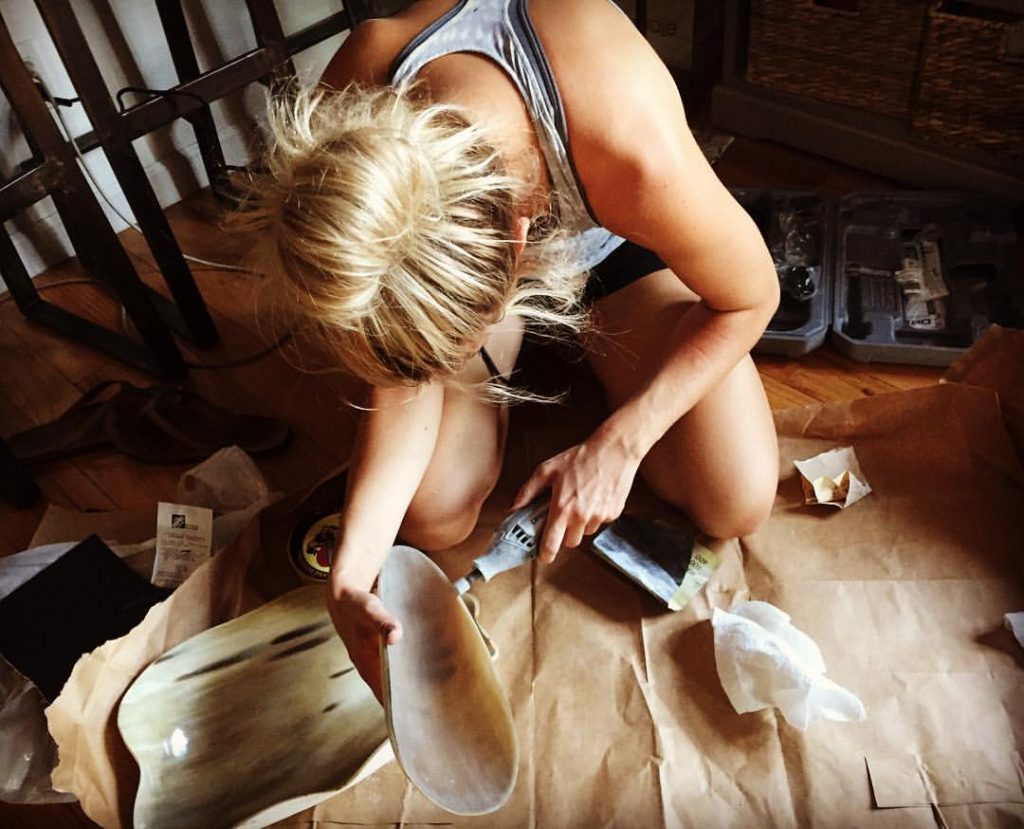
When it first hit this past August, it took the wind out of me. I couldn’t focus. I couldn’t think. I couldn’t hope. Slowly, I found that I couldn’t function, either. It’s not just the activity of working that gets lost, but the universe it’s created: the ideas, the dreams, the hopes. With them comes the desire to push toward a brighter and brighter horizon. My universe had become more like a black hole. For two months, I tried to ignore it was happening. I put alcohol in the hole, and I put food in the hole. I put sleep, and sex and a six-week affair with a man I didn’t even really like in the hole. And I stayed busy – really. fucking. busy. – so I could put busyness in the hole, too.
I was having the best meetings of my life. My business’s opportunities were growing exponentially. I was working smarter and bigger, and I received many congratulations on how far I’d come in such a short amount of time. It didn’t matter.
Gone was my sense of belonging, having weight in the world – of holding my own agency and place. I started envying my friends who bartend or instruct spin classes – don’t take their work home with them. I was daydreaming about day-drinking, and, night after night, 12 a.m. turned to 1 a.m. and 5 a.m. Stumbling drunk through New York was the only moment I felt alive. I hit bottom. I woke up at 10 a.m. on a Wednesday crying at the weight of my own emptiness. For almost 24 hours, I didn’t move. I couldn’t eat. I laid in the dark afraid that just as my work was about to really yield results I was going to be mentally unfit to continue doing it.
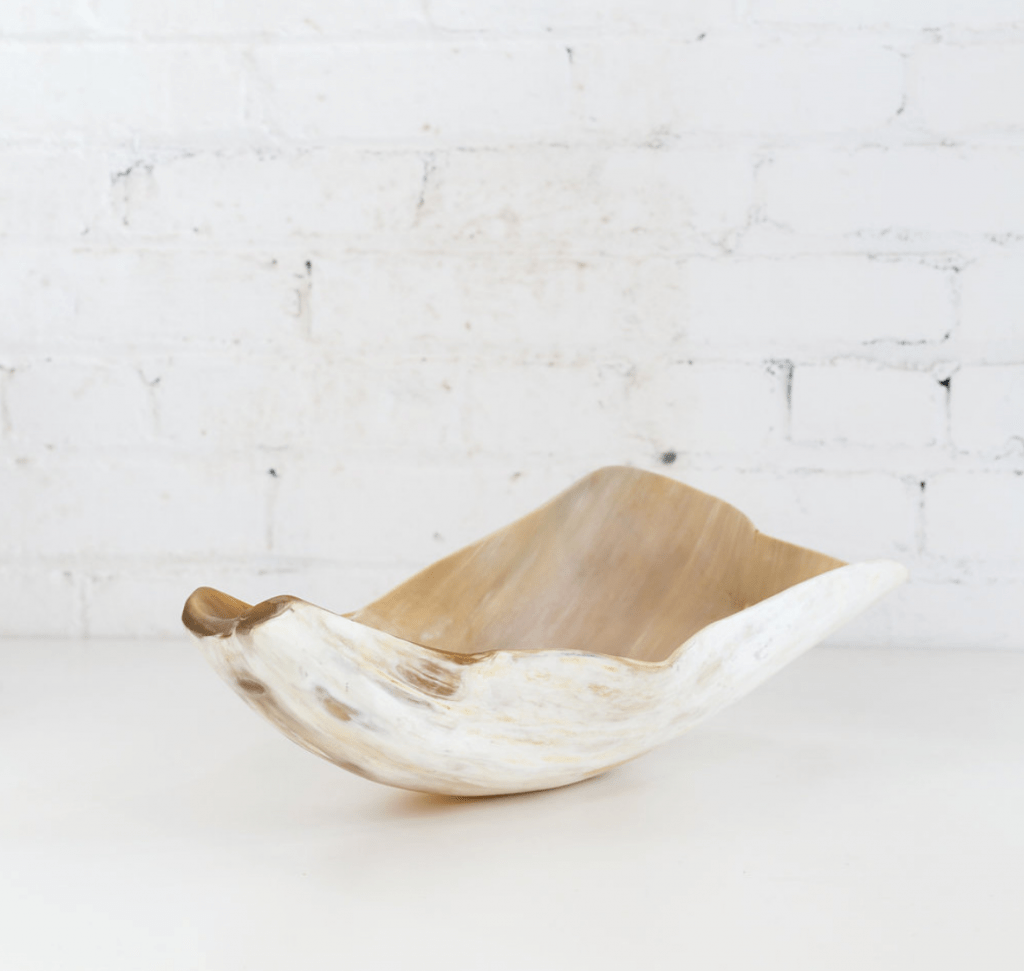
I decided that wasn’t an option. Instead, I’d trust my body to process – allow my nervous system, mind and heart to do their thing and see if they’d guide me into a new place. The process I went through is by no means prescriptive, but I did learn a thing or two about the power of trusting your own inner navigation system – mostly, that it works much better than we may think, even when we feel like the rest of us is broken. Here is some of what I take away from this:
Phase 1: Light it Up
I’ve crafted my life in New York around a certain consistency of being: a regular workout routine, a carefully constructed diet. Precise budgeting. A meaningful social calendar built around productive work drinks, time with close friends and a revolving series of networking dinners that have, in many ways, built my career.
I love this way of being. It gives me some semblance of control, in the midst of an often unpredictable career. It keeps my bank account full, and my abs rock hard. It gives me a sense that I’m doing enough with the time I’ve been given. But I couldn’t do it anymore. I needed comfort food, meaningless fun, drunken nights wandering through the streets of New York and time with strangers for nothing except a good laugh, and some time to throw caution to the wind. The diet, the workout routine, the carefully regulated budget all went up in flames as I booked flights to Oaxaca, Paris, Florence and Denmark, turned down reliable freelance and ate pasta from bed while binging on Netflix and red wine.
I realized that, for perhaps the first time in my life, I was believing that I had a self-regulated system inside me that would eventually auto-correct back to a certain stability. I realized, though, that I didn’t want that stability to look like what I’d had before. I needed something new – and I was going to have to watch my way of being go down in flames, in order to make room for something new.
Phase 2: Fan a Different Flame
I’d like to say that I stopped burning it down directly after a few weeks but, in reality, I kept going while balancing it with something else: seeking inspiration. While the emptiness of doing anything I wanted at any hour I wanted began to mount, I began to feel that emptiness make room inside me to seek other things. Still feeling devastation around my usual work, I decided to look into things that feed other people’s fires.
I took my brother, who has an obsession with writing song lyrics, to a Bon Iver show and watched him get lost. I bought a plane ticket to visit a friend who said he’d found his true calling on a perpetual road trip throughout South America. I went to dinner with a friend who was glowing about a recent career shift into the world of publishing: “perhaps the world’s most exciting industry today!” I grabbed drinks with another who had recently graduated from design school, and sparkled with commitment to get her first collection out into the world. Slowly, their excitement began to rub off on me, and I began to want to make something again.
Phase 3: Be Mediocre For a Bit
Alden Cass, an NYC-based psychologist focused on treating job burnout, was recently quoted in the New Yorker as saying that that burnout is typically caused by, “the gap between expectation and reward.” He adds that this may have the most relevance to New Yorkers – “This has always been a city of inflated expectations”.
There’s a certain high that comes from successful pitch meetings, and I love it more than D’Angelo loved strippers and blow. It’s a beautiful kind of dance, bringing your idea into a room of designers or buyers or engineers whose eyes light up with a possibility that your ideas could result in money (and prestige for yourself). The aftermath of these exciting meetings though is a long comedown that occurs over months of emails, rejections, price debates and, worst of all, silence. In this phase of burnout, I realized I had lost excitement for anything remotely mundane or “usual”. I promised myself that, even if it was the last thing on earth I felt like doing, I would show up to at least two meetings a day. I didn’t have to work all the time, and it was okay if I drug my feet every step of the way – but I had to do two. Slowly, surely, I began to feel myself working again. And, at the very least, I started to feel a little bit capable, if not excited.
Phase 4: Burn it Down
My grandmother used to say that three moves was as good as a house fire, and she passed down to me the love of purging what’s extra. This week, I’ve found myself doing the same with my ideas. I’ve found I carry a lot of beliefs about the way I should work – about how it should be done, patterns of the ways I do it, and expectations of what it will reveal. The longer I take time away from my usual methods of doing and being, the more I’m finding that many of these beliefs and feelings don’t serve me anymore. The ideas I’ve been acting out in my work simply aren’t big enough, or interesting enough, or challenging enough to hold my interest anymore.
Here, I’m discovering that there’s something alive underneath all this burnout – a kind of tiny flame, pushing through the ashes of what I used to need. So where does this put me? If you’re feeling similarly, where does it put you? As I slowly work through the mental and emotional wreckage that still remains in my life, I’m discovering that losing the constructs we’ve built for ourselves has the power to facilitate new realities. As the old universe disappears, a new one emerges and, with it, a new version of ourselves. Here, I’m less sure of some of my opinions. I question more. I stay busy less. I look for new inspiration. I probe at things I would once have praised. And, I learn that the work is not a world in itself after all. It’s a tool to be utilized in building a full life – one that is, by itself, weighty enough to envelop and swallow anything too small for me.
I wonder if Joanna were here if she wouldn’t tell me that had been the point all along.
All photos courtesy of Shanley.


